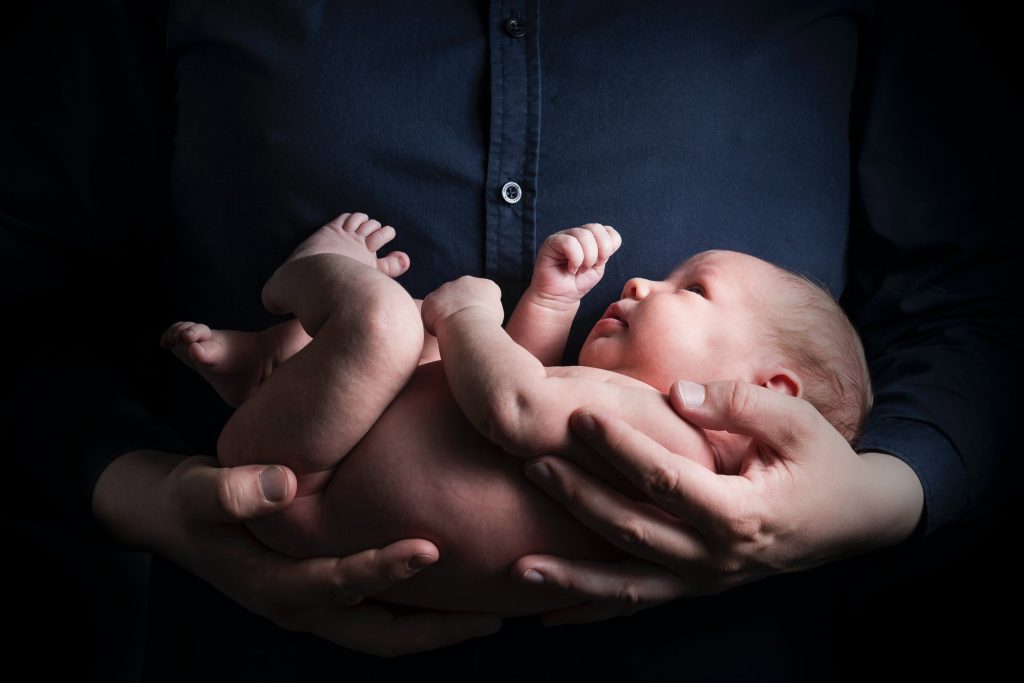A recent study, published this week, revealed that unvaccinated pregnant individuals who contracted COVID-19 were more prone to giving birth to babies experiencing respiratory distress.
The research, conducted by a team led by the University of California, Los Angeles, involved the examination of 221 pregnant individuals, with 151 of them remaining unvaccinated prior to COVID-19 infection, confirmed through laboratory testing.
All 151 unvaccinated pregnant individuals met the criteria outlined by the National Institutes of Health for severe or critical COVID-19, contrasting with only 4% of the 70 pregnant individuals who were vaccinated and met the same criteria.
The study involved the examination of 199 infants, all born between April 2020 and August 2022, with none testing positive for the virus.
The fate of the remaining 28 fetuses varied, either resulting in a miscarriage, abortion, fetal demise, or being untraceable for follow-up.
Newborn Respiratory Distress Linked to In Utero COVID-19

The research team discovered that exposure to COVID-19 in utero could potentially trigger an inflammatory cascade in the airways of newborns, leading to respiratory distress.
The identified pathway primarily involves the function of cilia, which are small, hair-like structures located on cell surfaces, traditionally aiding in the propulsion of germs, mucus, and other particles towards the mouth for expulsion through coughing or sneezing.
Published in the journal Nature Communications, the study revealed that the likelihood of respiratory distress was found to be up to three times higher in babies born to unvaccinated individuals compared to those born to vaccinated individuals.
Further investigation is necessary to assess whether COVID-19 continues to exert an impact on respiratory distress when considering other variables contributing to respiratory distress syndrome.
Infant respiratory distress, characterized by challenges in breathing or increased respiratory effort within the initial 24 hours, manifests through symptoms such as wheezing, sweating, alterations in breathing rate, or changes in color around the lips or mouth, as outlined by Johns Hopkins Medicine.
Studies have demonstrated an elevated risk for severe outcomes, including hospitalization, intensive care, ventilator utilization, or mortality, among pregnant individuals with COVID-19. Additionally, COVID-19 during pregnancy heightens the likelihood of preterm birth or fetal loss.
